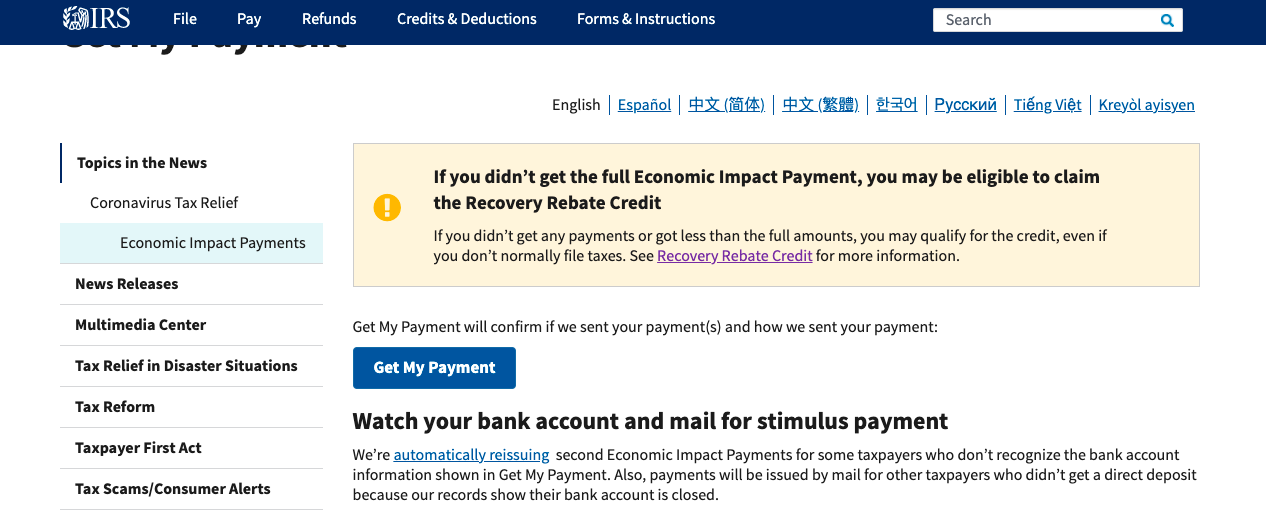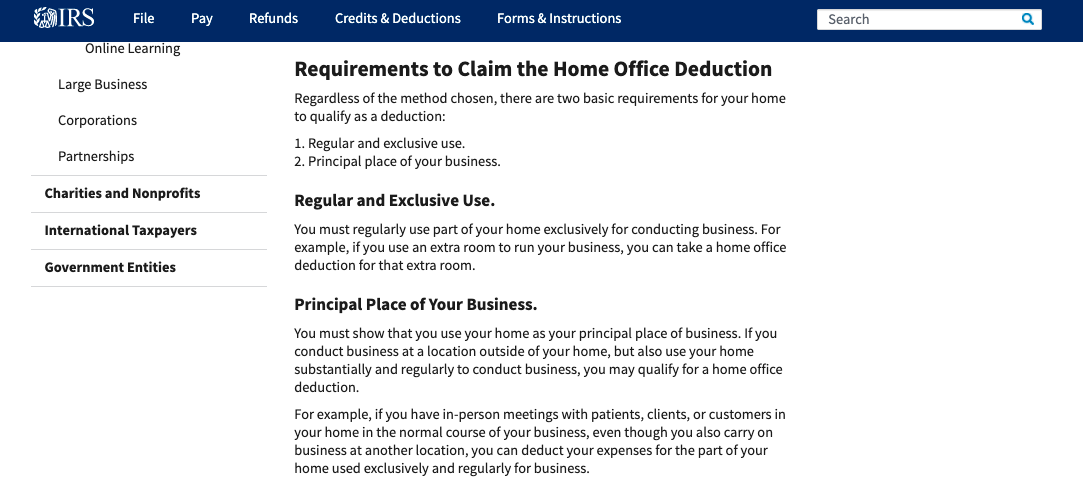Resources
Tax Season 2021: What Freelancers Should Know This Year
By Rob LeDonne February 11th, 2021While the tax system is complex by design, it’s especially confusing for self-employed workers who receive a tsunami of 1099s each January. This year may be particularly thorny. Due to unusual work situations, record unemployment, and pandemic-related relief programs, the 2021 tax season might look a little different.
So what’s a frazzled freelancer to do? According to Laurel Leckert, a small business tax counselor at Brooklyn Cooperative Federal Credit Union in New York City, the first step is to take a deep breath. “If you’re overwhelmed during tax season, it’s really because you don’t understand the system, which makes total sense,” Leckert said. “It’s all incredibly convoluted on purpose.”
But some conundrums can be cleared up right away. Here are a few quick answers to your 2021 FAQs about freelancer taxes.
Do I have to pay taxes on unemployment benefits?
One of the most common questions Leckert fields is whether those who collected unemployment in 2020 will owe taxes on those checks. After all, it’s not actual income, right?
Unfortunately, this is one facet of tax season that could be a rude awakening for many. “It’s something that’s been overlooked, as many people who went on unemployment last year had never been [in that position] before,” Leckert explained.
All those unemployment checks are, indeed, taxable, but there is a bright side. “Unemployment is only subject to income tax and not self-employment tax, which is the Social Security and Medicare part,” Leckert said. That can be a sizable chunk of change: Self-employment tax for 2020 was 15.3 percent.
Paying income tax on unemployment also hinges upon whether you opted to withhold. “Some people may have had those taxes withheld from their weekly checks, but that was by choice,” Leckert said. “If you didn’t opt in, you will have to pay them now at tax time.”
Are stimulus payments taxed?
Another big question involves stimulus payments. Last year, the government sent two rounds of checks to reinvigorate the American economy—will the public have to pay tax on that seemingly free influx of cash? Fortunately, Leckert has some good news: “Nope, that is not taxable income,” she said. “It’s considered a tax credit.”

If for some reason you didn’t get a stimulus check, you can claim something called the Recovery Rebate Credit. This is also available for taxpayers who experienced a change in household circumstances—such as having a baby or changing their marital filing status—since checks were issued.
“When you file your taxes, you can use this credit to claim money you missed out on, whether it was [part of] the first or second stimulus,” Leckert said.
How does working remotely affect state income tax?
At the onset of the pandemic, mass exoduses from cities like New York and San Francisco made headlines. Many new remote workers packed their bags, trading studio apartments for more spacious or secluded digs where they could work from home more comfortably.
There may be tax implications for freelancers who hopped state borders in 2020. Namely, freelancers who spent more than 183 days of the calendar year working from a different location than their home address may owe income tax in multiple states. In addition to the time you spent in a state, the IRS considers factors like where most of your personal possessions are located, your mailing address, and your vehicle and voter registrations when determining residency.
To play it safe, check your state’s specific tax rules if you’re close to that 183-day threshold. Keep in mind that some locales—like Virginia and Washington, D.C.—have reciprocity agreements in place to ensure workers don’t get double-taxed.
What deductions can self-employed workers claim?
Work-from-home culture has exploded in the wake of the pandemic. Freelancing is also surging. For newly self-employed workers clocking in from a home office, there’s some good news.
“If you’re one of the many who began working from home in 2020, you may be able to take advantage of a home office deduction,” Leckert said.
This isn’t a new policy—in fact, it’s one of the main ways freelancers typically lower their tax obligation. There’s one big caveat: In order to qualify for a tax break, your workspace must have “regular and exclusive use” in your home. In other words, your bed is not a home office. When claiming this deduction, you’ll also need to calculate the area (square footage) of your workspace as a percentage of your overall living space.
This deduction is only available for workers who earn freelance income. According to the IRS, “employees who receive a paycheck or a W-2 exclusively from an employer are not eligible for the deduction, even if they are currently working from home.” Keep in mind that this policy can vary by state.

Leckert said that freelancers may also want to take note of an often overlooked aspect of the Paycheck Protection Program (PPP). These loans are available to all freelancers, not just your typical brick-and-mortar businesses. “I think a lot of people don’t realize that you don’t have to be a formalized business [to apply for PPP],” Leckert explained. “Schedule B filers—those who fill out Form 1040—are also eligible for these loans, which can essentially be free money from the government.”
In January, the IRS announced that recipients of PPP loans can claim the usual deductions like rent, utilities, and other business-related expenses if they paid for them with loan funds.
What about other possible tax credits?
Getting expert guidance when filing taxes can help you learn the latest rules and maximize your return. In addition, you’ll learn about other 2020-specific scenarios, credits, and deductions for which you may be eligible.
For example, some freelancers may be able to access Economic Injury Disaster Loans (EIDLs), a way to make up for pandemic-related financial losses. There are also new qualified sick leave credits, which pay workers who may have been unable to work, as well as the Earned Income Tax Credit, another break that can reduce your final tax burden. A variety of rules apply based on your specific situation, so it’s important to research each credit thoroughly if you’re not planning to seek professional guidance.
Educating yourself and working with a professional can also help quell that panicky feeling that arises every time you’re calculating quarterly estimated payments (friendly reminder that the first payment of 2021 is coming up on April 15, even though the filing deadline for 2020 taxes has been pushed to May 17).
“There’s a lot of money out there for freelancers that people are not claiming because they don’t understand,” Leckert said. “It’s really important to spread this information.”
*Disclaimer: This content is for general educational purposes only. We are not financial advisors, and the information here is not intended to provide specific legal or tax advice for any individual.
Image by flavijus